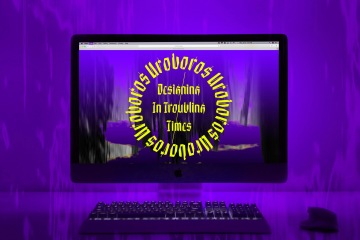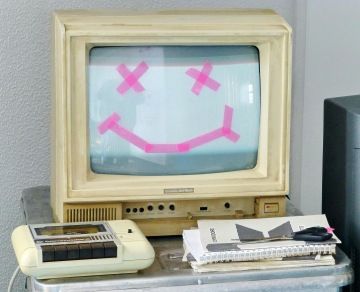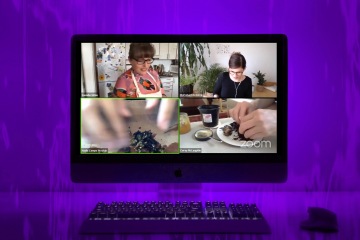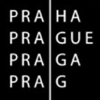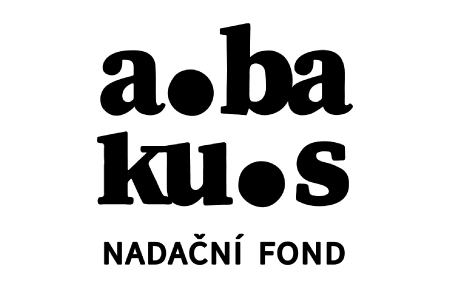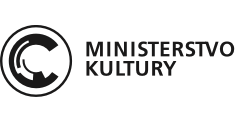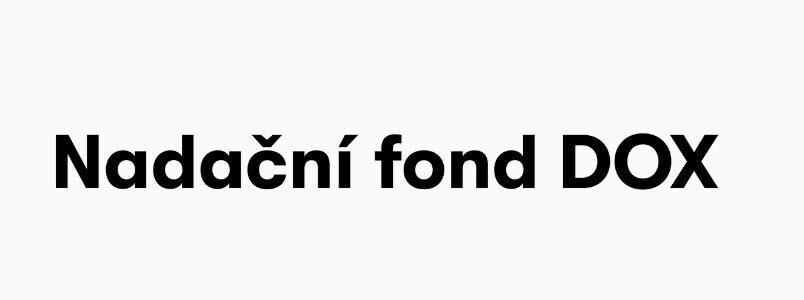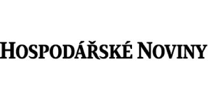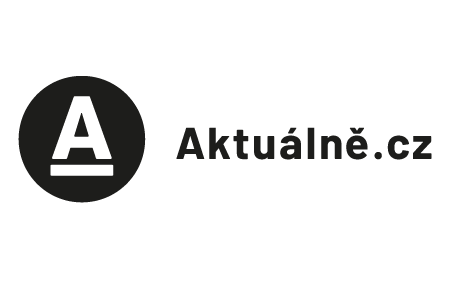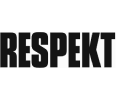DOX presents the second year of the Uroboros festival
4 May 2021
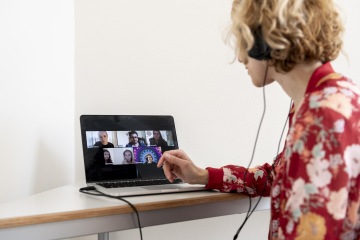
Contact for International Media
Michaela Šilpochová
+420 774 222 355
michaela@dox.cz
The international Uroboros Festival is being held 5–18 May 2021, online. It follows on from last year’s festival, which featured more than 30 artists and designers from around the world. The festival builds on the long-term #Datamaze project, which focuses on critical examination of the impact of digital technologies on our existence. Uroboros is being held by the DOX Centre of Contemporary Art in cooperation with the Uroboros collective and Bratislava’s Fuga “space for missing culture”. The 14-day programme will feature more than 80 artists and curators.
The main theme of this year’s festival is “Designing in Troubling Times”; it is inspired by the mythical ambiguous symbol of the uroboros – a snake that eats its own tail and changes its form in the eternal cycle of re-creation. “The cyclical uroboros symbolizes the uncertainty to our troubling times and critically reflects the ceaseless efforts of designers to solve current social problems using ‘smart’ technologies. The festival explores the possibilities of design beyond the limits of universalizing technological solutions, and asks what design can do to support positive social change. In doing so it focuses on the cyclical, even ritual processes of design imagination, innovation, failure, and endless return,” says Michal Kučerák, one of the festival’s curators and the author of the #DATAMAZE project.
This year’s festival programme features four interwoven programme sections. The section focused on synthetic media will pose questions on the nature of creativity in the context of artificial intelligence. For example, artist and theoretician Joanna Zylinska (May 11 from 7 p.m.) will focus on the topic of algorithmic creativity and will present her hypothesis that human creativity has always been based on cooperation or even symbiosis between the human mind/body and technology.
The section entitled experimental “feral” design focuses on the possibilities of open creative cooperation between human and non-human actors. Polish artist Agnieszka Pokrywka (May 7 from 1 p.m.) will familiarize participants with issues of cultural colonization in a terrestrial and extra-terrestrial context and presents her interactive DIY bioreactor, which cultivates spirulina, a food of the future suitable for astronauts and Mars colonists. Along with spirulina cells, Agnieszka’s bioreactor also cultivates stories of cultural colonization. Here, the horrible processes of colonization, typically motivated by the human desire for power, are “narrated” and interpreted here from the perspective of a single-celled organism and machines. This section was created in cooperation with CreaTures (Creative Practices for Transformational Futures), an European research project that explores the possibilities of art and design in the context of the climactic crisis and positive social transformation.
The third section, focusing on design nonsense, reflects critically on the socio-political position of contemporary design and its obsession with generating profits by creating nonsensical and non-functional technological “solutions” for complex social problems. In his lecture, Andrew Hugill (May 14 from 11 a.m.) will propose a role for pataphysics in this “crazy” context of of contemporary design, and how pataphysics can help disrupt the established formulae of our anthropocentric understanding of the world.
The section focusing on algorithms will examine the topic of blockchain from an artistic perspective. Martin Zeilinger (May 13 from 6:30 p.m.) will speak about the aesthetic phenomenon of non-fungible tokens (NFT), and the Diffraction Collective (May 18 from 7 p.m.) will introduce to the audience the world of predictive markets. Famous Italian hacker Jaromil (May 14 from 4 p.m.) will present a strategy for achieving algorithmic sovereignty.
An accompanying programme in Czech deals with the topic of strengthening digital imagination, i.e., the ability to imagine and think via digital technologies.
The Uroboros Festival is being produced under the curatorial guidance of Michal Kučerák, Lenka Hámošová, and Markéta Dolejšová, and with the assistance of Tereza Lišková, Denisa Reshef Kera, and Enrique Encinas. There is both a paid and unpaid programme. A channel of the Discord social network will be available for networking purposes.
The Uroboros online festival of critical art and design
5–18 May 2021
For registration, the programme, and more information see www.uroboros.design
